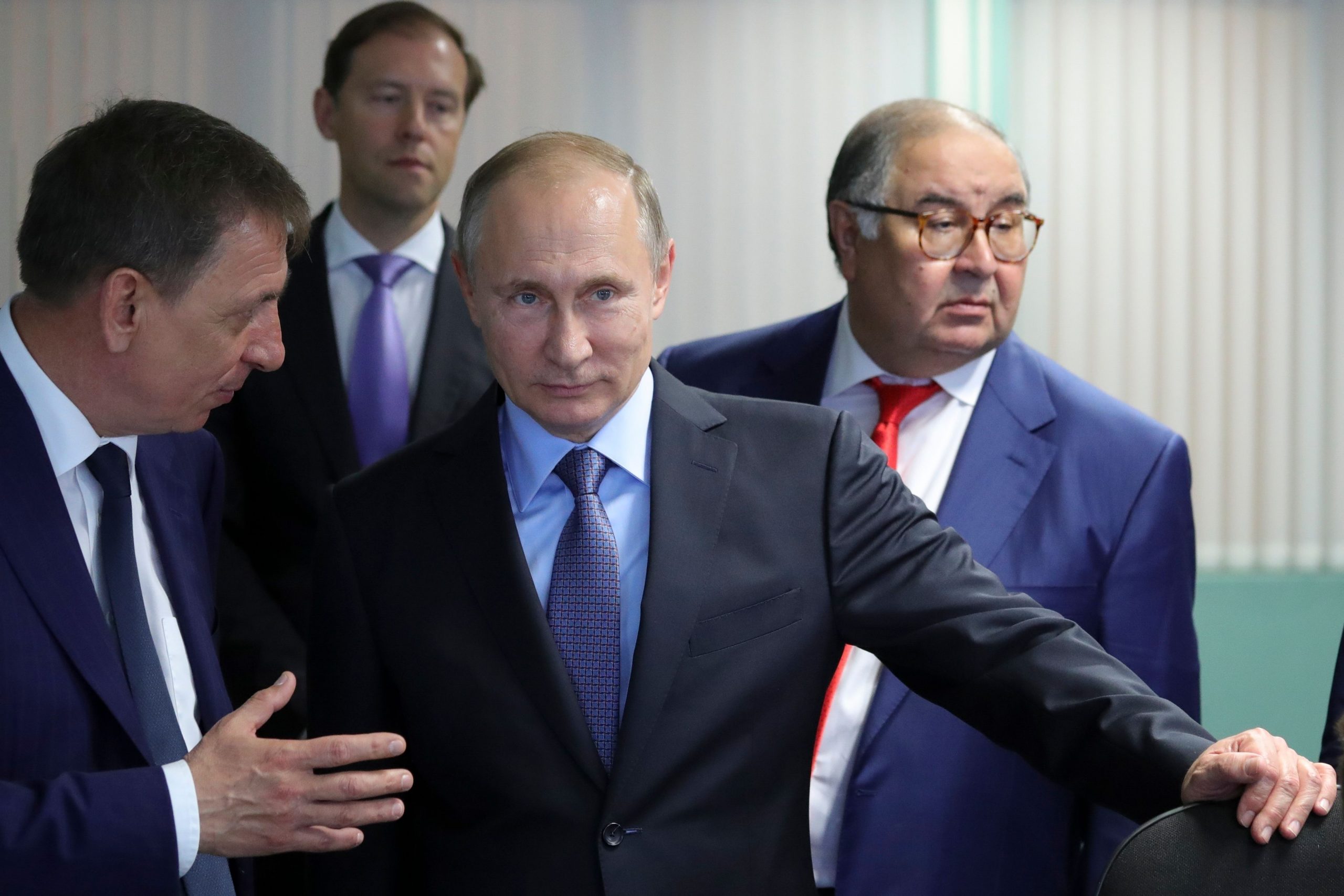Western nations are likely to ramp up sanctions on Russia for its invasion of Ukraine by revoking its “most favoured nation” trade status, Reuters reported on Friday.
However, the move is not yet official and paves the way to slap tariffs on a wide range of Russian goods and adds to the overnight pressure of Wall Street’s Goldman Sachs and JPMorgan announcing an orderly retreat from the country.
Also read: Russia’s Vladimir Putin orders ‘volunteer fighters’ to be brought into Ukraine
Recently, the US dollar hit a new five-year top versus the yen after a strong US inflation report, while the euro struggled to hold its own as a hawkish turn from the European Central Bank was offset by growth risks emanating from the Ukraine crisis.
Reuters reported that there are many assets through which investors seek to gauge the market stress triggered by the war in Ukraine. The euro is increasingly seen as this crisis’ ultimate ‘fear index’.
Also read: Meta says calling for Putin’s death not hate speech, Russia reacts
Europe’s biggest security crisis since 1945 has sent the common currency on a roller coaster which took it to its worst week since the crash due to COVID-19 and its biggest daily jump since 2016 last week.
With this, the investors are likely to be disappointed to read that EU leaders gathered in Versailles, west of Paris, are considering more spending over the war in Ukraine but not yet ready to mention any new joint debt issuance.
Also read: Wall Street settles in red as inflation reaches four-decade high
Oil prices, which also tend to expose sentiment across trading floors, are stabilising this morning and were on track for their biggest weekly drops since November.
What does “Most Favoured Nation” mean?
A most-favoured-nation (MFN) clause requires a country to provide any concessions, privileges, or immunities granted to one nation in a trade agreement to all other World Trade Organization member countries. Although its name implies favouritism toward another nation, it denotes the equal treatment of all countries.
In terms of Russia, its economy would be even more isolated than before as sanctions from the west pile on. It could possibly materialise its threat of shutting the Nord Stream 2 pipeline, further limiting gas supplies to Europe.







